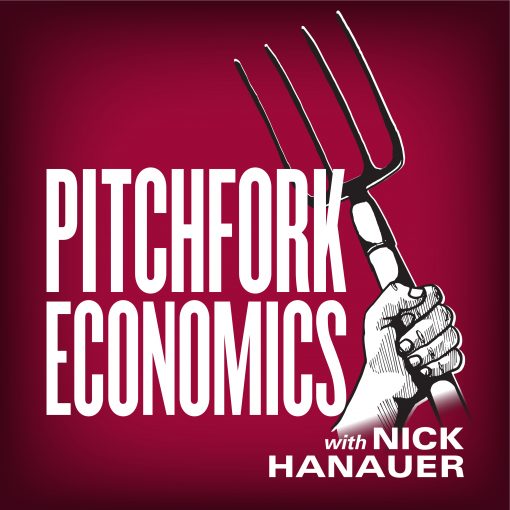When the Biden Administration announced last year that they would forgive up to $20,000 student loan debt per individual, millions of people celebrated—and for good reason. The student loan debt that Americans carry has ballooned to $1.8 trillion in recent decades, threatening the economic security of American households from coast to coast and up and down the income scale. Unfortunately, the Biden forgiveness plan has been tied up in several lawsuits, and the Supreme Court will hear oral arguments for these lawsuits at the end of February, with a final decision expected later this spring.
As the conversation over student loans heats back up, we’re revisiting our conversation with Associate Professor Fenaba Addo. Addo helps us explore the merits and shortcomings of student debt cancellation, and explains why canceling student debt would actually be good for the economy. You’ll also hear from Pitchfork listeners who share how student loan forgiveness would change their lives.




